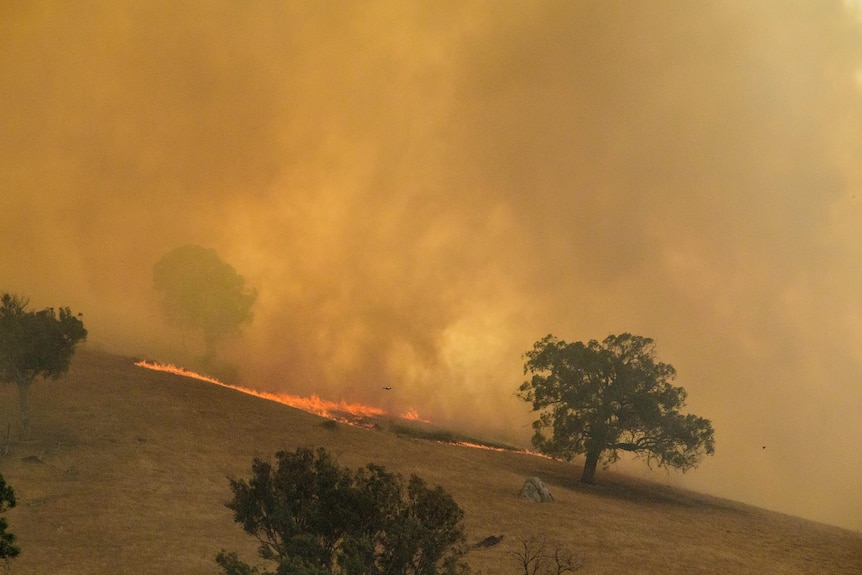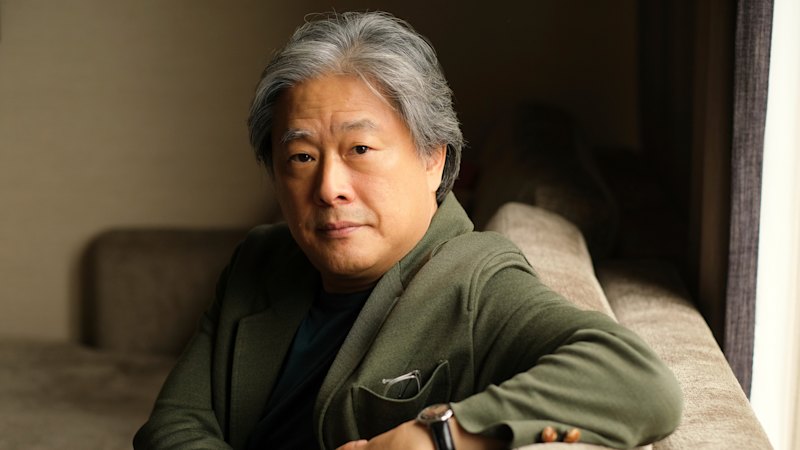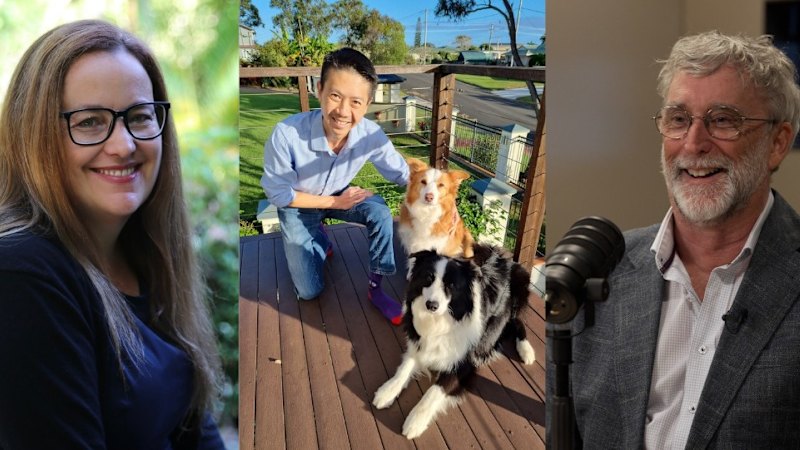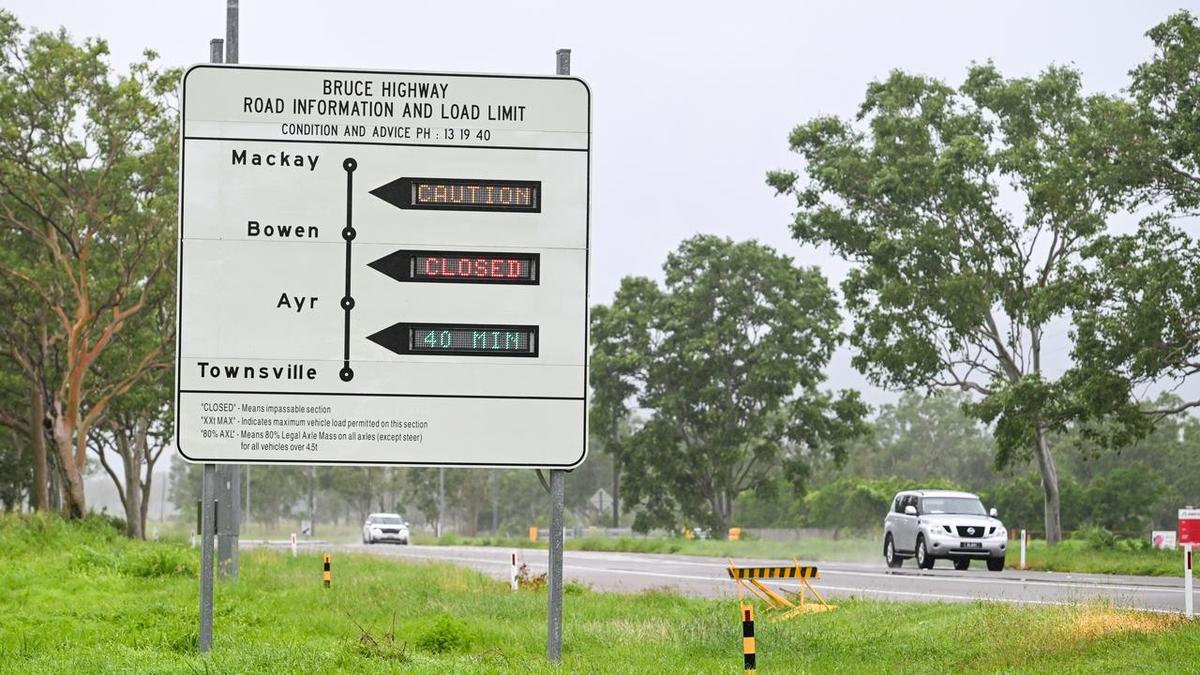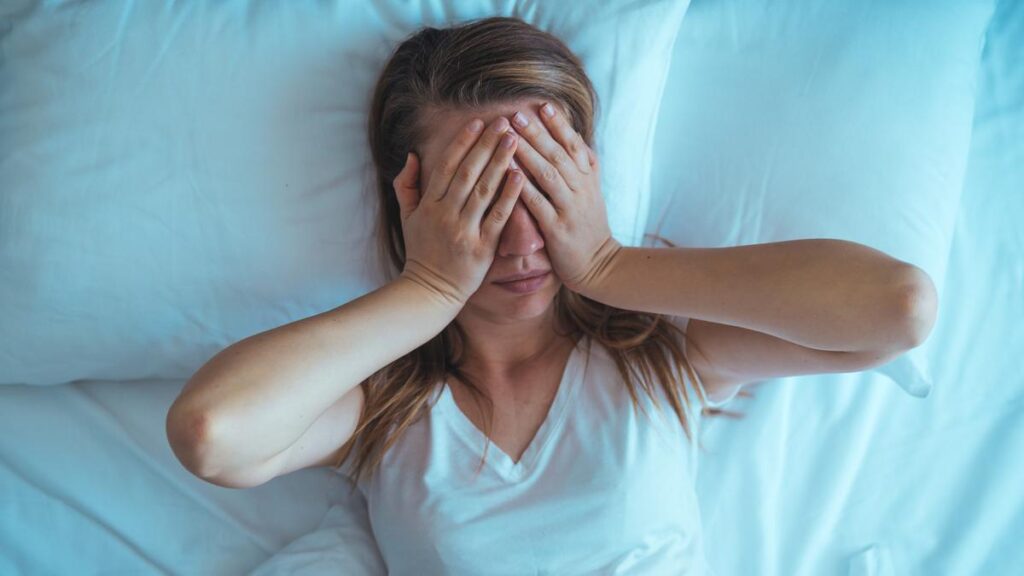
Young stressed woman lying on bed late at night suffering from insomnia, sleep apnea or stress. Top view of depressed girl lying bed. High angle view of awake girl in the middle of the night.
URGENT UPDATE: A groundbreaking study from Flinders University has identified a new sleep disorder trend known as “social apnea,” raising alarm bells among health experts. This condition, linked to weekend lifestyle choices such as late nights, alcohol consumption, and smoking, is seeing a troubling rise in severity, particularly among individuals who indulge in irregular sleep patterns.
The study, published in the American Journal of Respiratory and Critical Care Medicine, analyzed data from over 70,000 participants. It revealed that individuals are 18% more likely to experience moderate to severe obstructive sleep apnea on Saturdays compared to Wednesdays. This startling finding suggests that the implications of sleep apnea may be far more serious than previously understood, potentially increasing the risk of health issues like heart disease, depression, dementia, and extreme fatigue.
Lead author Lucia Pinilla from the Flinders Health and Medical Research Institute Sleep Health emphasized the need for attention to weekend sleeping habits. “Most clinical diagnostic testing is done on a single night, typically a weeknight, missing the weekend effect we’re now calling social apnea,” she stated. This oversight could lead to significant underdiagnosis and misclassification of obstructive sleep apnea (OSA) severity.
The study also found that sleeping just 45 minutes longer on weekends can increase the risk of severe sleep apnea by an alarming 47%. Men are particularly affected, with a 21% higher likelihood of experiencing worse symptoms, while women face a 9% increase. Those under 60 years old are 24% more susceptible to weekend-related sleep apnea.
Senior author and director of FHMIR Sleep Health, Danny Eckert, noted, “We don’t yet know exactly why, but alcohol use, lighter sleep, and less consistent use of OSA therapies likely play a role.” He called for more comprehensive sleep assessments that span multiple nights to capture the full picture of sleep health.
In light of these findings, experts are urging individuals to adopt a consistent sleep routine to combat “social apnea.” Professor Eckert recommends aiming for seven to nine hours of sleep each night, maintaining a fixed wake-up time, and adhering to prescribed OSA therapies, even on weekends. “Going to bed when you feel sleepy will help ensure you frequently get enough restorative sleep, which can help combat the weekend spike in OSA,” he advised.
As awareness of this emerging health trend grows, individuals are encouraged to prioritize their sleep hygiene and seek professional guidance if they suspect they may be affected. The implications of “social apnea” are profound, and its recognition could lead to better health outcomes for countless individuals facing sleep-related challenges.
Stay tuned for more updates as this story develops.


